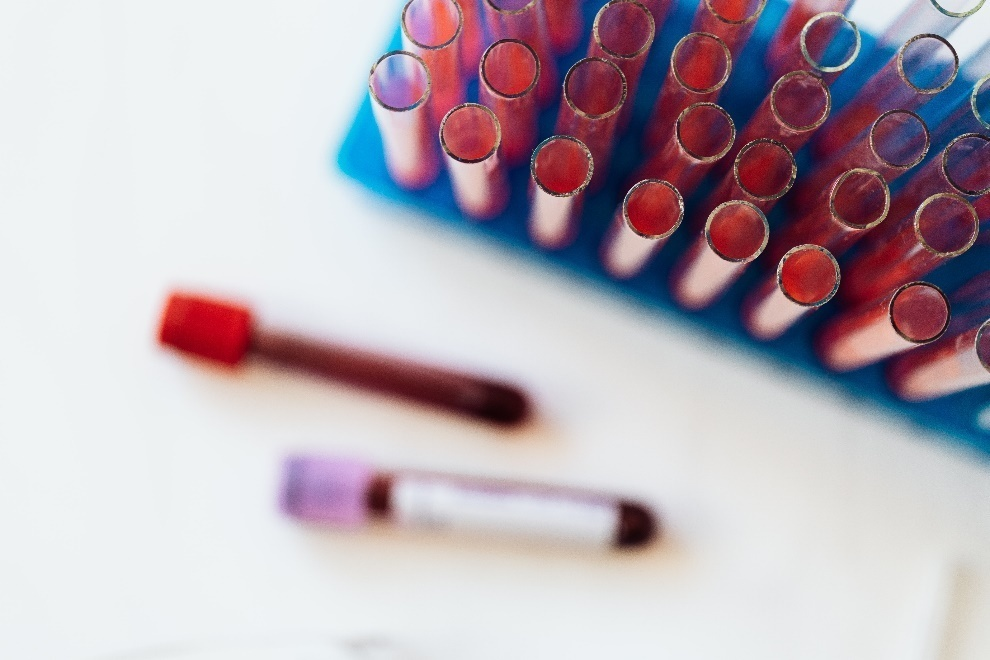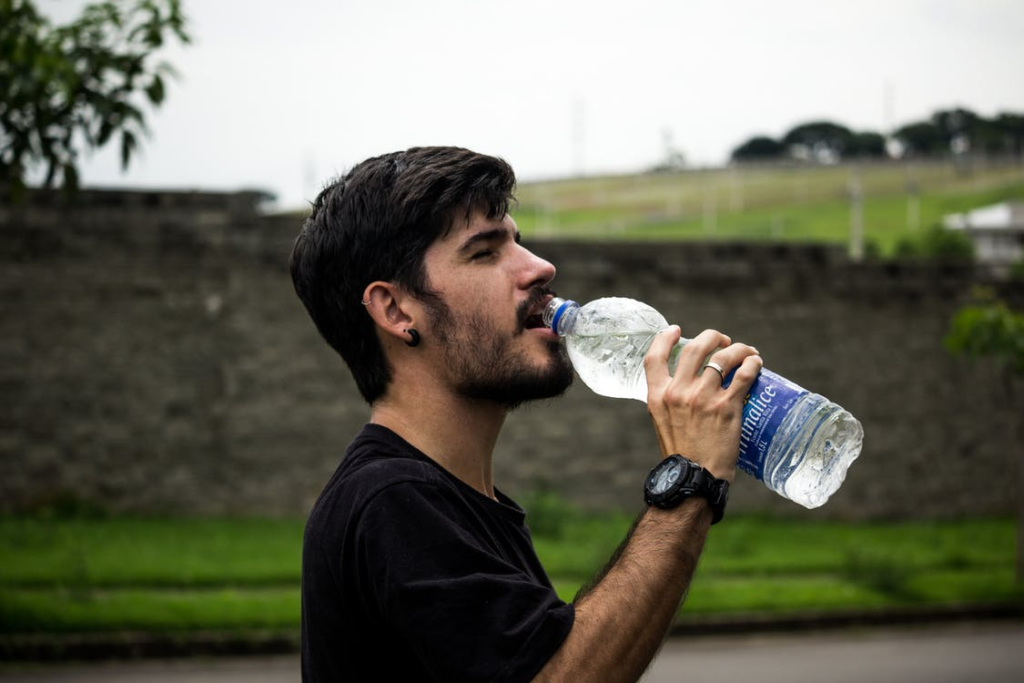
Fasting Before A Blood Test: Why It’s Done

Blood and its components are considered a precious resource in healthcare. That’s because it can’t be manufactured or substituted and can only be donated. That’s why taking a culture blood test every year is essential to ensure your internal systems are functioning properly.
However, doctors may ask you to do intermediate fasting before your blood test. You must be wondering what fasting is and why it is necessary for some tests. Well, Fasting means abstaining from food and liquids for a fixed period. It’s often done to get accurate readings because your consumption can affect your test results.
Take a look at this guide to understand why some people fast before a blood test.
Is It Necessary To Fast Before Every Blood Test?
Blood tests allow medical professionals to assess your body’s functioning and look for specific health issues. Doctors also use them to assess the efficacy of various treatments. You don’t have to fast before all laboratory testing.
When individuals consume meals and beverages, it all decomposes in their stomach and is absorbed into the circulatory system. This may impact how much cholesterol lipoproteins or blood glucose levels are in the blood. Doctors ask their patients to fast for a couple of hours before their tests.
However, your doctor can ask you to fast for the following tests:
- Blood glucose test
- Liver function test
- Cholesterol test
- Triglyceride level test
- HDL test
- LDL test
- Basic metabolic test
- Kidney function test
- Lipoproteintest
- Iron test
- Vitamin B-12 test
- GTG
- Lipid profile
What Can You Do?
The following is a list of things you can do while fasting:
1. Stay Hydrated
You’re allowed to drink water, so it’s best to keep yourself fully hydrated before taking the blood test.
2. Focus On The Timing
It is a good idea to figure out when an individual can stop eating before the test, regardless of whether they must fast for eight, twelve, or twenty-four hours. A person shouldn’t consume anything after 9:00 p.m.
3. Ask The Doctor If you Can Take Your Regular Medications
Some individuals can take their regular medications while fasting. However, a general practitioner can ask you to stop taking your medication for a day to get accurate blood test results.

Phlebotomy On Wheels Offers Mobile Blood Draw Services In Maryland
Going to the hospital can be frightening for many people. Phlebotomy On wheels offers blood drawing and testing services at your doorstep in Maryland. Getting your blood tested was never this easy.
You can schedule an appointment with Phlebotomy On Wheels on any day of the week and get discounts on bulk orders. We offer various mobile lab services MD, such as complete blood count, comprehensive metabolic panel, and glucose tolerance testing at affordable rates. Contact us today and get our mobile lab services at your doorstep.


